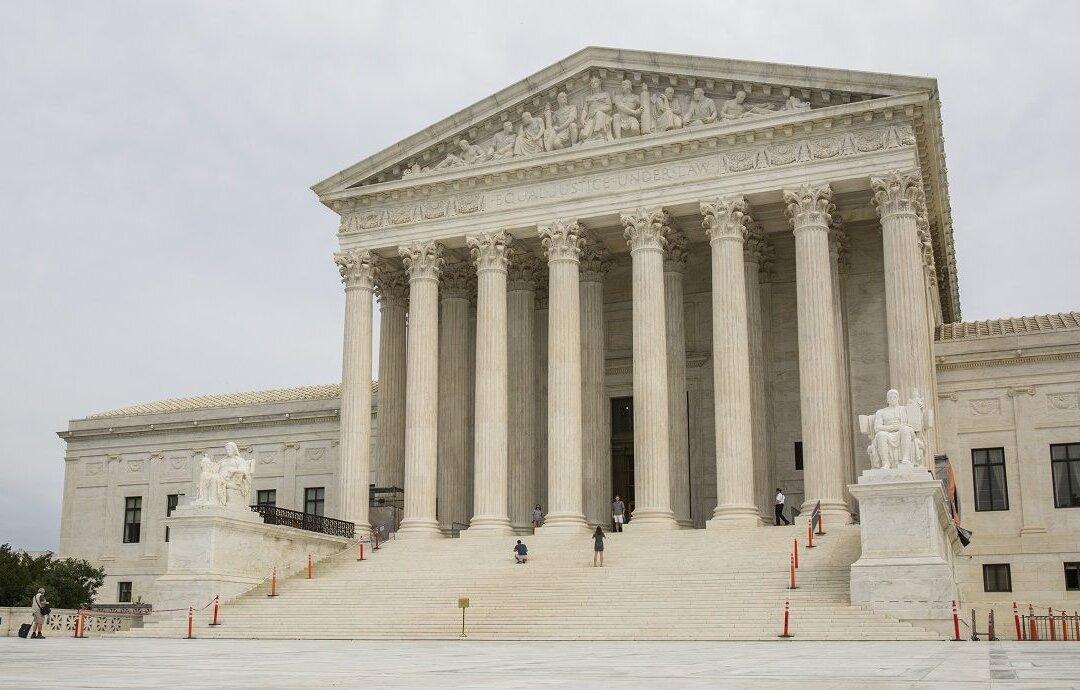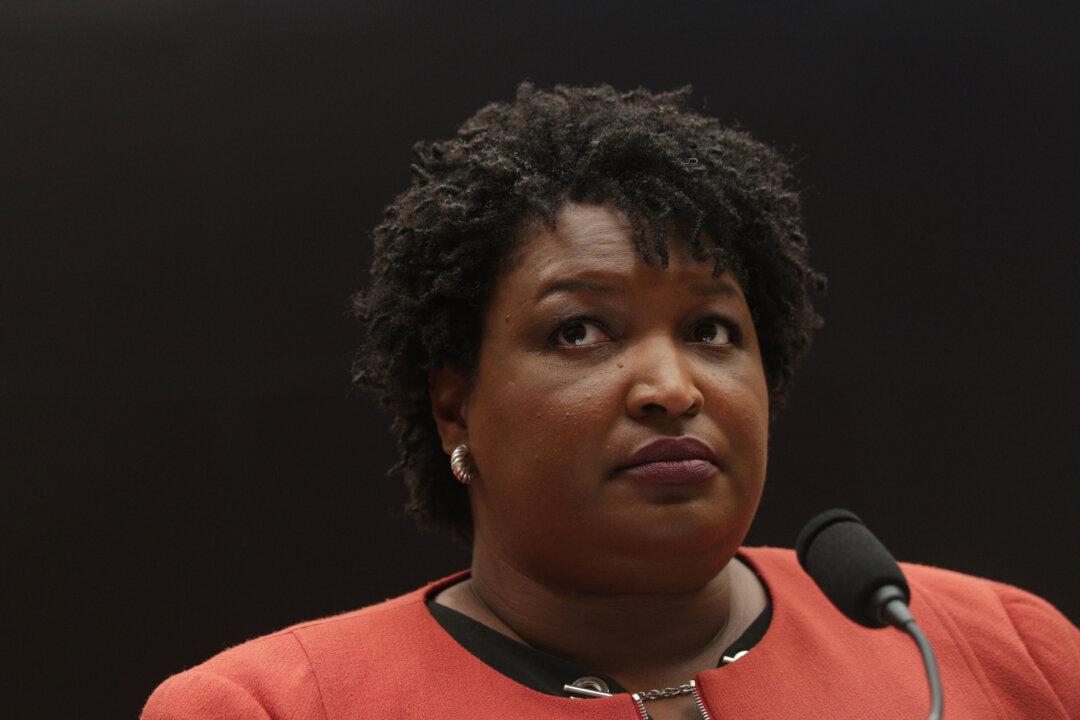An election watchdog group is urging the Supreme Court to hear a sensitive case regarding a Census Bureau citizenship question before administrative deadlines to produce census forms and other necessary items transpire.
If the court process of determining the legality of the question drags on longer than the Commerce Department’s June 2019 final deadline, then the question could be left off the nationwide census forms even if it’s found to be legal at a later date.




